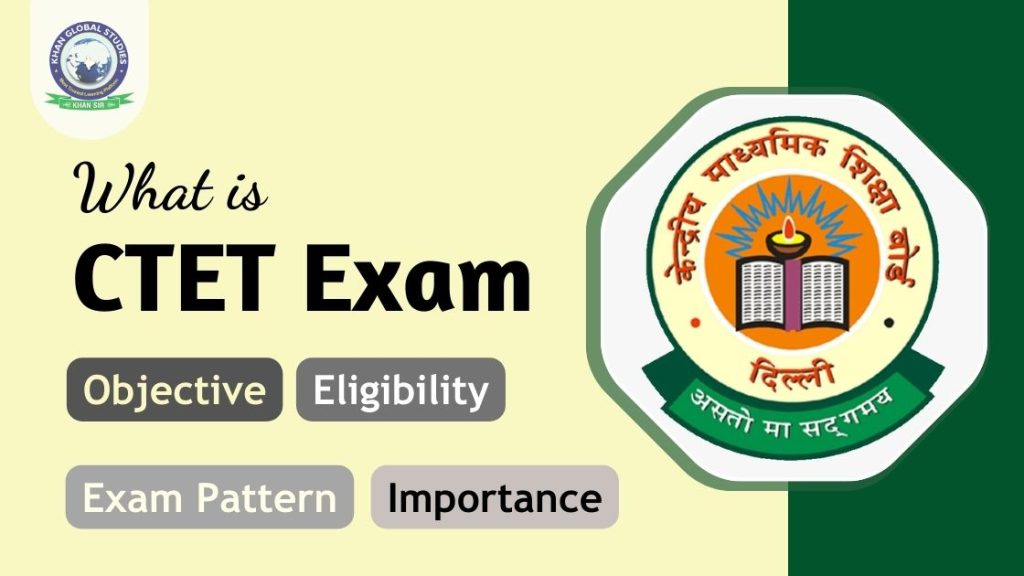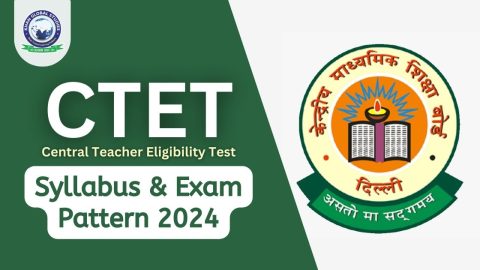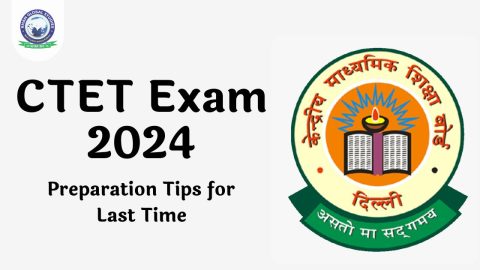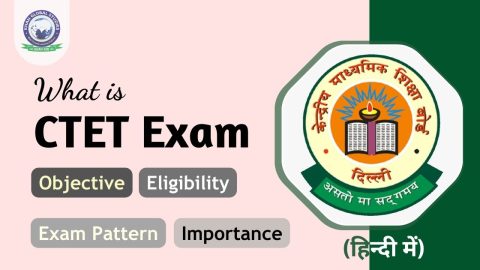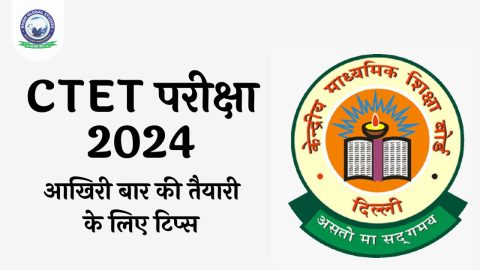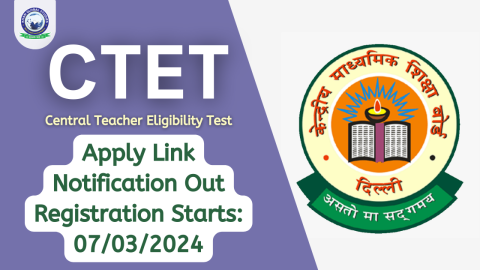Central Teacher Eligibility Test (CTET) is a national-level examination conducted by the Central Board of Secondary Education (CBSE) in India. It is mandatory for candidates who want to pursue a career in teaching at the primary (classes 1 to 5) and upper primary (classes 6 to 8) levels in schools affiliated with the Central Government or schools under the administrative control of Union Territories.
Objective of the CTET Exam
The primary objective of the CTET exam is to ensure that the candidates have the necessary aptitude and knowledge to become successful teachers. It sets a benchmark for teacher quality in the country and aims to improve the standards of teaching in schools.
Eligibility Criteria
To appear for the CTET exam, candidates must fulfil certain eligibility criteria:
For Primary Stage (Class 1 to 5)
- Candidates must have passed Senior Secondary (or its equivalent) with at least 50% marks.
- They must have or have completed two years Diploma in Elementary Education (D.El.Ed).
For the Upper Primary Stage (Class 6 to 8)
- Candidates must have a Bachelor’s degree and must have completed or have completed two years Diploma in Elementary Education (D.El.Ed).
- Alternatively, candidates with an undergraduate degree and a two-year Bachelor of Education (B.Ed) degree are also eligible to apply.
CTET Exam Pattern
CTET exam consists of two papers:
Paper I: For Primary Level Teachers (Class 1 to 5)
- Duration: 2.5 hours
- Total Marks: 150
- Sections: Child Development and Pedagogy, Language I (Compulsory), Language II (Compulsory), Mathematics, Environmental Studies.
Paper II: For Teachers at Upper Primary Level (Class 6 to 8)
- Duration: 2.5 hours
- Total Marks: 150
- Sections: Child Development and Pedagogy, Language I (Compulsory), Language II (Compulsory), Mathematics and Science (for Mathematics and Science teachers), Social Studies/Social Sciences (for Social Studies/Social Science teachers).
Importance of the CTET Exam
- Ensures Quality Education: CTET ensures that only qualified and competent individuals become teachers, thereby contributing to providing quality education.
- Standardization: It sets a common standard for teacher recruitment in different states and union territories of India.
- Career Opportunities: CTET-qualified candidates have better career prospects and are eligible to apply for teaching positions in various government and private schools.
Conclusion
CTET examination plays an important role in shaping the teaching profession in India. It ensures the quality of education provided to students by assessing the qualifications and knowledge of prospective teachers. Aspiring teachers should prepare diligently to excel in this examination and contribute effectively to the education system.



